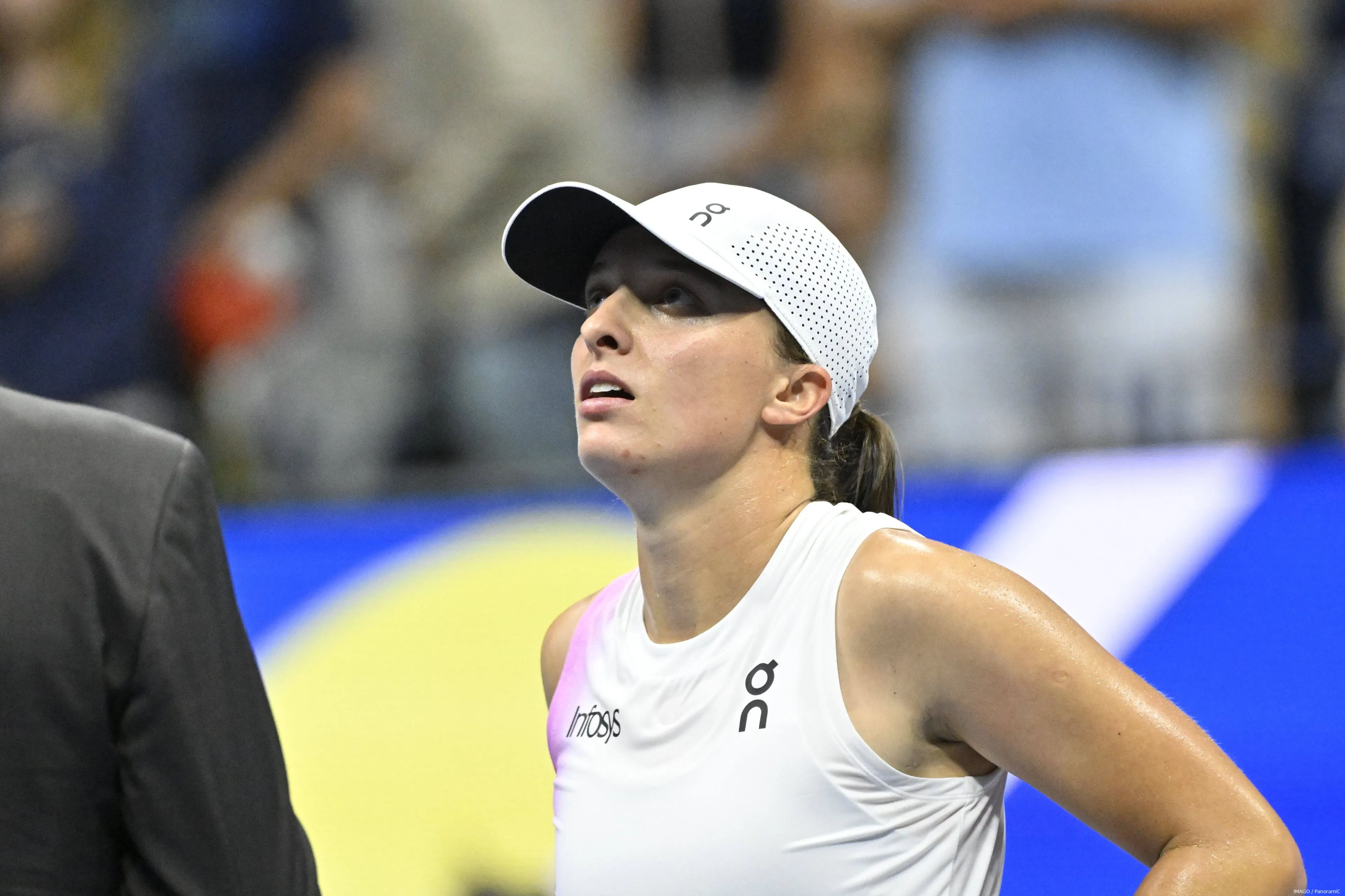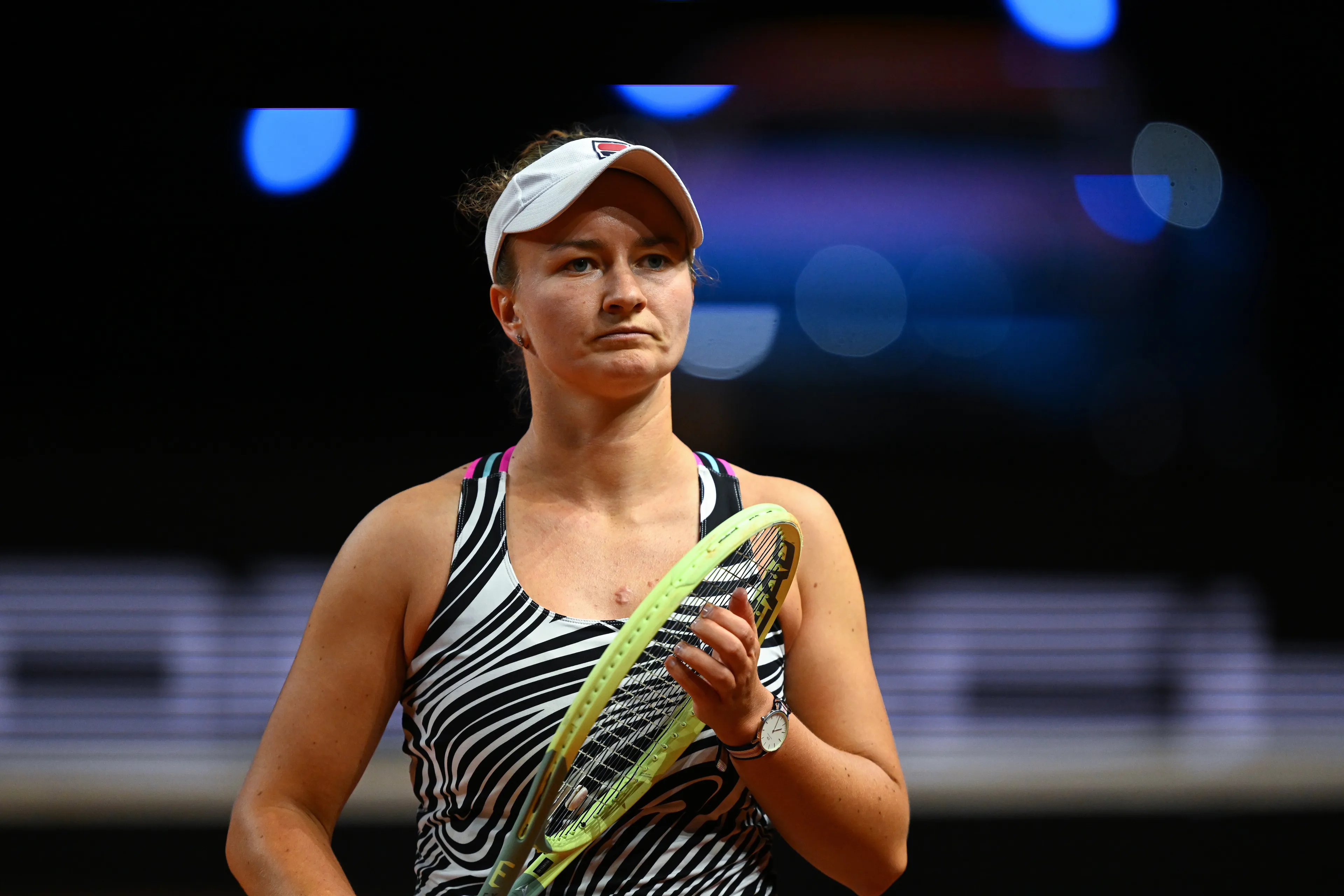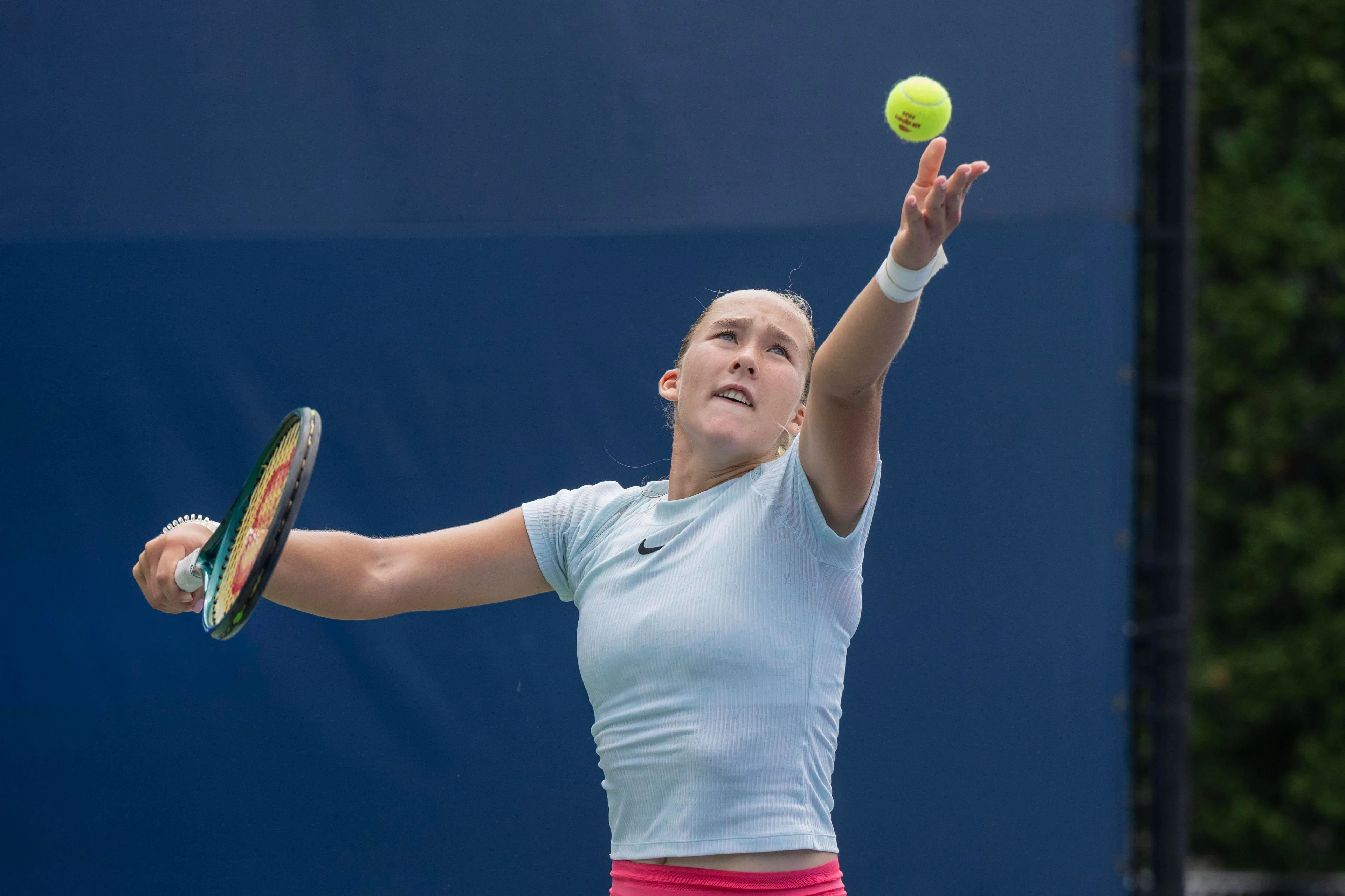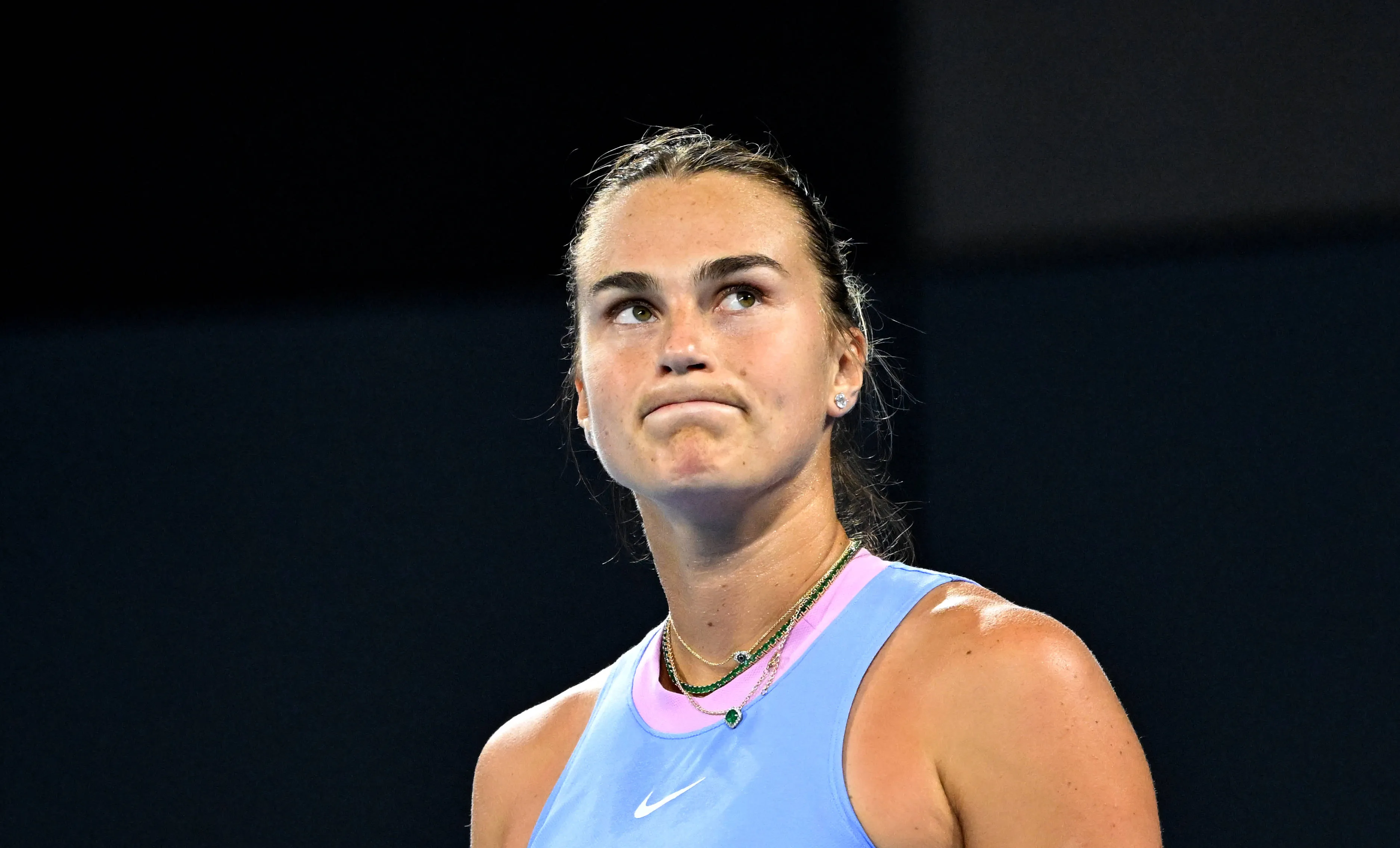ITIA CEO Responds To Claims Swiatek And Sinner Received Favorable Treatment
News
Karen Moorhouse, CEO of the International Tennis Integrity Agency (ITIA), has insisted that Iga Swiatek and Jannik Sinner did not receive favorable treatment in their doping cases compared to others like Simona Halep.
The ITIA's handling of Swiatek and Sinner's cases has caused much controversy and split opinion in the tennis world. Some have accused the body of treating the pair better than others because of their places at the top of tennis.
Swiatek received a one-month suspension after testing positive for the banned substance trimetazidine. She was provisionally banned on September 12th and had ten days to appeal before the case was made public.
The Pole appealed on September 22nd and had the provisional suspension uplifted after further testing proved her explanation that the melatonin tablets she bought were contaminated with the banned substance without her knowing.
Swiatek was then given the one-month ban, most of which she had already provisionally received. That means she is free to return to professional tennis at the start of the 2025 season without restrictions of any kind.
Sinner twice tested positive for the prohibited substance clostebol at March's Indian Wells Open. Within minutes, the Italian identified the contamination source as accidental from his physiotherapist after being given massages.
The ITIA cleared him after a private five-month investigation, but the World Anti-Doping Agency has appealed the decision to the Court of Arbitration for Sport (CAS) and wants to see Sinner banned for one to two years.
Several current and former players have spoken out against how the ITIA handled Swiatek and Sinner's cases. That includes Halep, who initially received a four-year ban from the ITIA before having it reduced to nine months by CAS.
In comments to Tennis365, Moorhouse tried to explain why there was no preferential treatment in either case and that the rules were followed. She compared Swiatek's case to Halep's to try to demonstrate the differences.
"It’s the same rules and the same processes for every player. All cases are different and each case turns on individual facts. Cases can also be quite complex, so it isn’t right to look at two headlines and draw comparisons between two cases as the detail is always the key part."
"Let’s take Swiatek and Halep. The CAS tribunal found that her (Halep’s) supplement was contaminated. So just in relation to that finding, they said nine months (suspension).That was the tribunal deciding on the objective fault she had and the subjective fault she should have. So what should she have done in relation to the product that was found to be contaminated?"
“In relation to Swiatek, the contaminated product was a medication. So it was not unreasonable for a player to assume that a regulated medication would contain what it says on the ingredients."
“Therefore, the level of fault she could accept was at the lowest level as there was very little more she could have done reasonably to mitigate the risk of that product being contaminated.Halep’s contamination was not a medication. It was a collagen supplement and her level of fault was found to be higher."
Moorhouse also discussed Sinner and Swiatek appealing within ten days to avoid the case being made public, a rule that seems to be misunderstood by many of those claiming they received preferential treatment.
"Under the WADA code, all sports have an obligation to impose a provisional suspension when you have a positive test on an unspecified substance. After that, they can use discretion on whether they announce provisional suspensions or not and there is a range of approaches taken."
"Tennis took the decision that we don’t announce provisional suspension for at least 10 days. This allows time to test the B sample and it gives a player time to challenge the provisional suspension. If that appeal is successful and is made within 10 days, we don’t announce the provisional suspension."
"With Swiatek and Sinner, they appealed those provisional suspensions within ten days, they were successful and under our rules, we don’t announce anything at that point. While those rules are in place in tennis, our job is to follow those rules, which we did in both cases."













